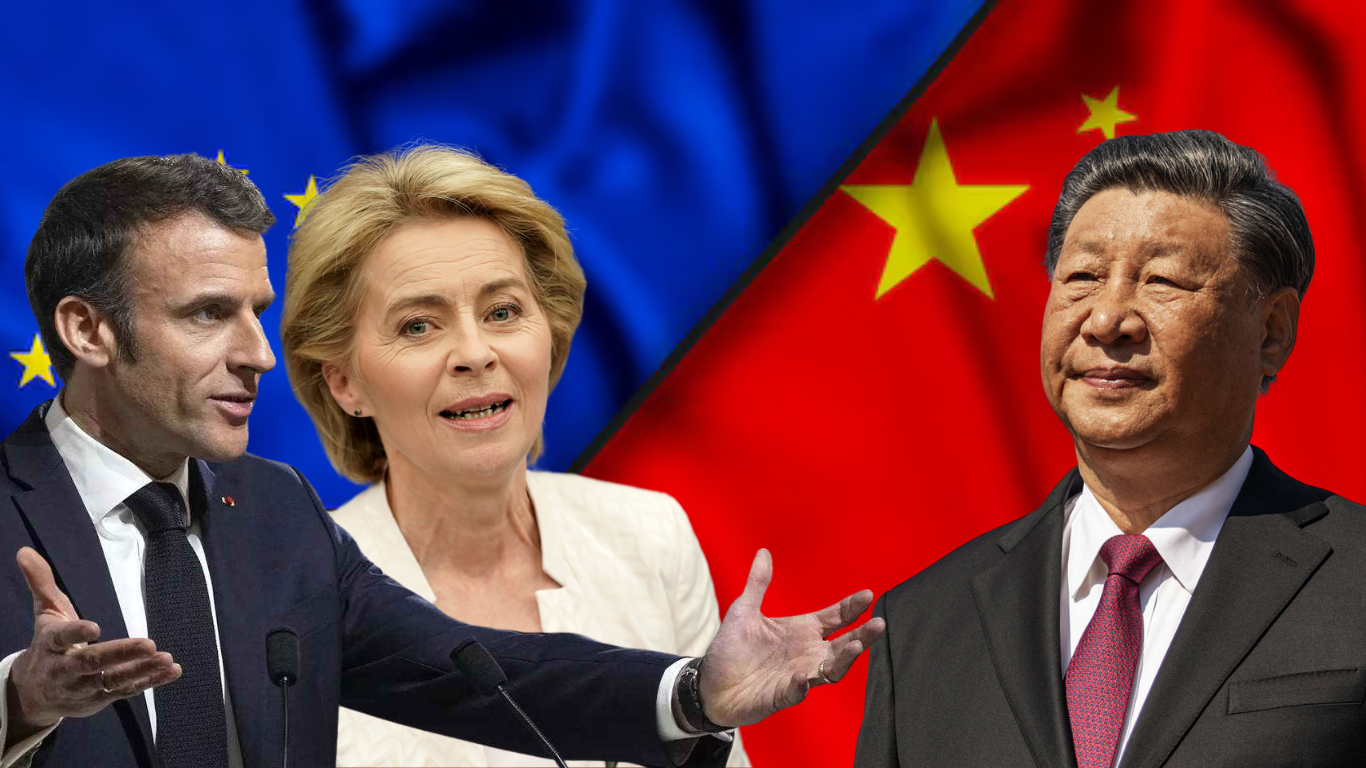Chinese President Xi Jinping arrived in Europe on Sunday, strategically selecting three countries—France, Serbia, and Hungary—as part of a calibrated effort to cultivate stronger ties between China and the European Union.
Starting from Sunday, it will be a six-day visit. Since Xi Jinping’s last visit to Europe in 2019, the global order has changed significantly in the past five years. However, upon his first return to the continent since then, the Chinese leader will land in a very different climate. Xi will face tough talks in France on trade and Ukraine before enjoying a warmer welcome in Serbia and Hungary, where soaring Chinese investment underlines both the benefits of close ties with Beijing and EU divisions on international policy.
Advertisement · Scroll to continue
As his visit kicks off on Sunday, but in the past weeks alone, the European Union has launched trade investigations into China’s wind turbines and procurement of medical equipment and raided offices of the Chinese security equipment maker Nuctech as part of an investigation into subsidies. Germany and the United Kingdom have also been involved in issues with alleged espionage by China, having arrested at least six people.
In March, Italy exited from China’s BRI project. Italian Georgia Meloni, upon taking this step, stated that the Chinese were unable to meet Italian hopes and expectations.
Essentially, over recent times, EU countries have grown suspicious of China’s global intentions and its emerging bias towards Russia in the context of the Russia-Ukraine war.
Trade Tensions
Xi’s visit is essentially starting with its biggest critic from the European Union. He is going to meet the European Commission President Ursula Von der Leyen alongside French President Emmanuel Macron on Monday.
Ursula Von der Leyen, in many instances, has condemned China. For example, she warned China not to use force against Taiwan and strongly iterated, ‘We stand against any unilateral change of the status quo, in particular by the use of force.’ Then in September 2019, she took multiple shots at China for its unfair trade practices, even announcing an anti-subsidy probe into Chinese electric vehicles.
It’s not only the EU that is trying to corner China. Earlier this year, China opened a probe into EU-imported brandy prices, a move that could hit France’s brandy sector.

